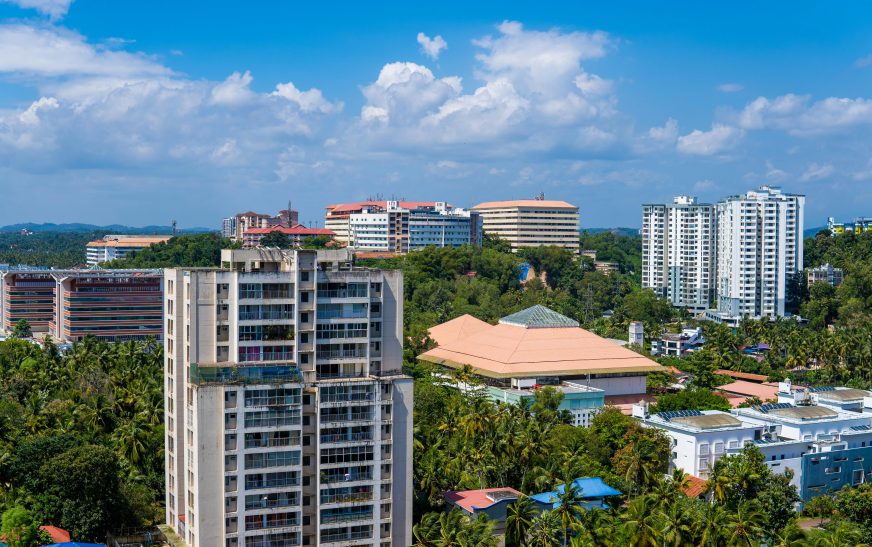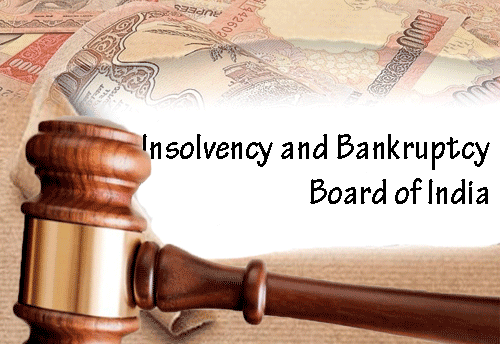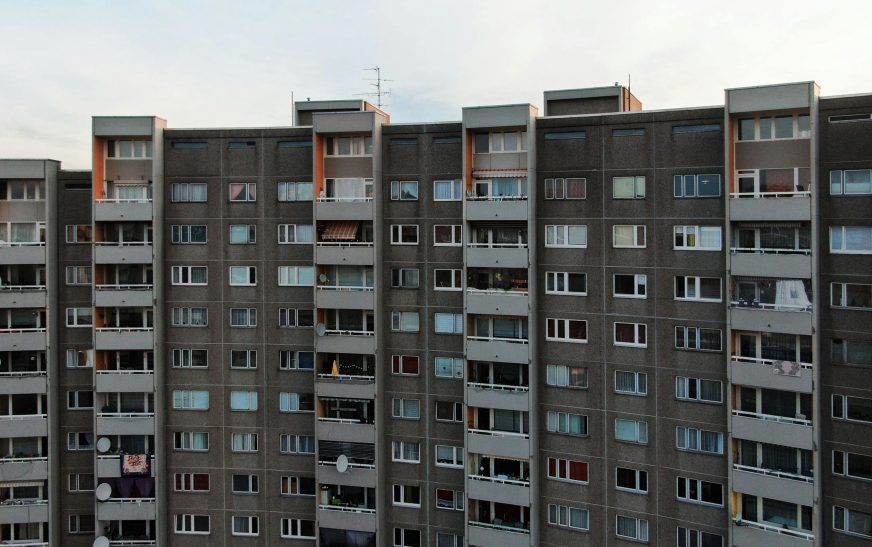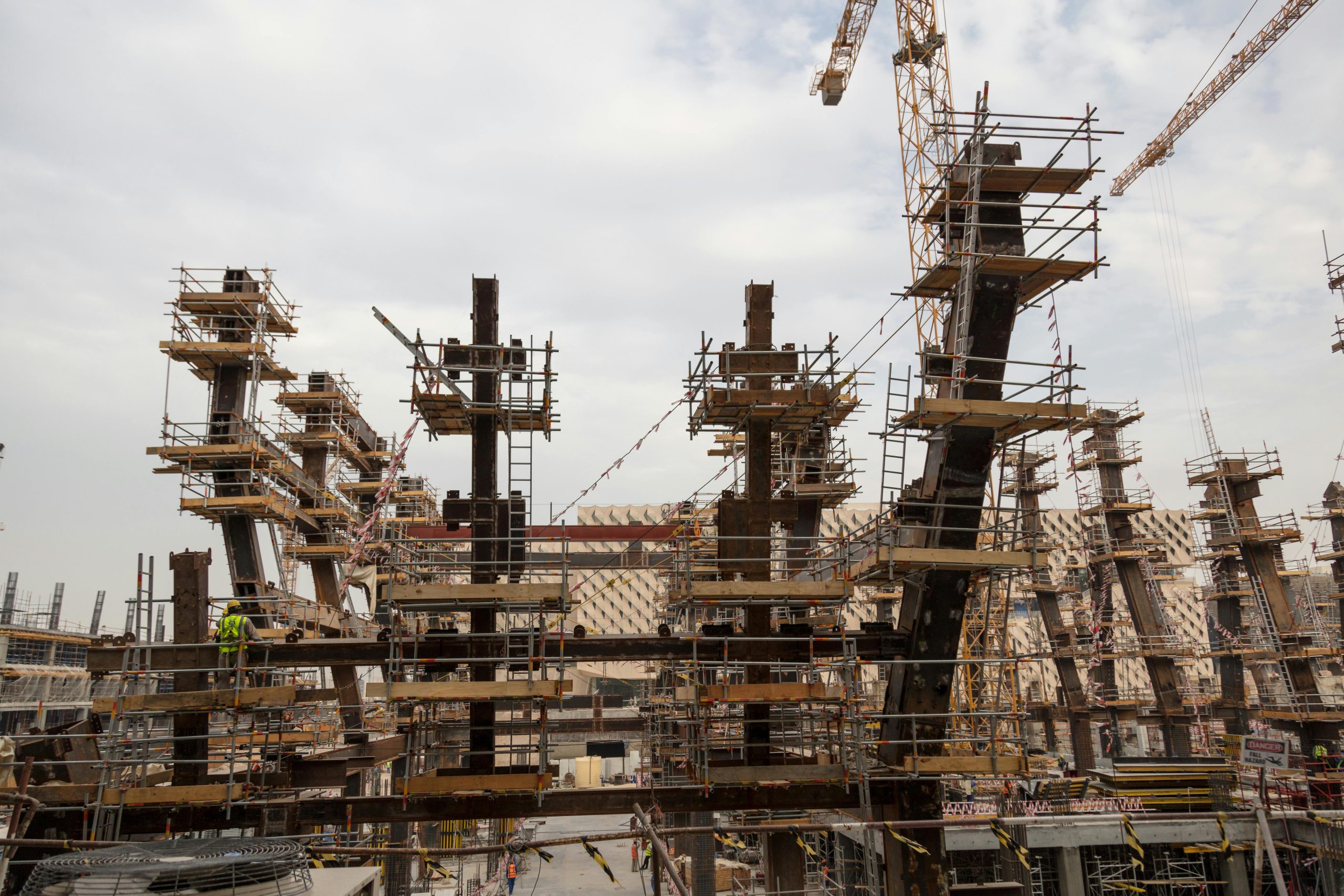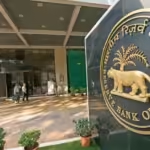As Prime Minister Narendra Modi begins his third term, the real estate sector is optimistic about the continuation of reforms and infrastructure development. Industry leaders hope for policies that enhance transparency, boost investment, and foster growth. With ongoing urbanization and government initiatives like the Smart Cities Mission, the sector anticipates a positive impact on housing demand and realty prices.
As Prime Minister Narendra Modi embarks on his third term, the real estate sector is buzzing with optimism. Industry stakeholders are hopeful that the continuation of reforms and infrastructure development will provide a much-needed boost to the sector.
### Real Estate Sector’s Expectations
The real estate sector, a significant contributor to India’s GDP, has high expectations from the Modi government. Industry experts anticipate the continuation and enhancement of policies aimed at increasing transparency, reducing bureaucratic hurdles, and attracting more foreign investment.
Anuj Puri, Chairman of ANAROCK Property Consultants, stated, “The sector looks forward to the continuation of initiatives like the Real Estate (Regulation and Development) Act, 2016 (RERA), and the Benami Transactions (Prohibition) Amendment Act, which have instilled confidence among investors and homebuyers alike.”
Focus on Affordable Housing
Affordable housing remains a crucial area of focus. The Pradhan Mantri Awas Yojana (PMAY), which aims to provide housing for all by 2022, has been a significant driver for the sector. Developers are hopeful that the scheme will receive further impetus and funding, ensuring the dream of affordable housing is realized.
Infrastructure Development
Infrastructure development is another area where the real estate sector expects continued attention. The government’s ambitious projects like the Smart Cities Mission, Bharatmala Pariyojana, and the expansion of metro networks have a direct impact on real estate by enhancing connectivity and making peripheral areas more accessible and attractive for development.
“Improved infrastructure not only increases the livability of urban areas but also boosts the real estate market by opening up new areas for development,” said Niranjan Hiranandani, Co-founder and Managing Director of Hiranandani Group.
Digital Transformation and Technology
The real estate sector is also looking forward to the government’s push for digital transformation and technology adoption. The implementation of digital land records and the use of technology in construction can significantly streamline processes and reduce delays.
Regulatory Reforms
Continued regulatory reforms are essential for sustaining growth in the real estate sector. Developers are advocating for a single-window clearance system to expedite project approvals and reduce delays. Such measures can significantly enhance the ease of doing business and attract more investments into the sector.
Conclusion
As Prime Minister Modi’s government takes charge for the third time, the real estate sector remains hopeful for sustained reforms and infrastructure development. The industry’s leaders believe that with continued support and progressive policies, the sector can achieve new heights, contributing significantly to India’s economic growth.
With the government’s focus on urbanization, affordable housing, and infrastructure development, the real estate sector is poised for a period of robust growth and transformation.

